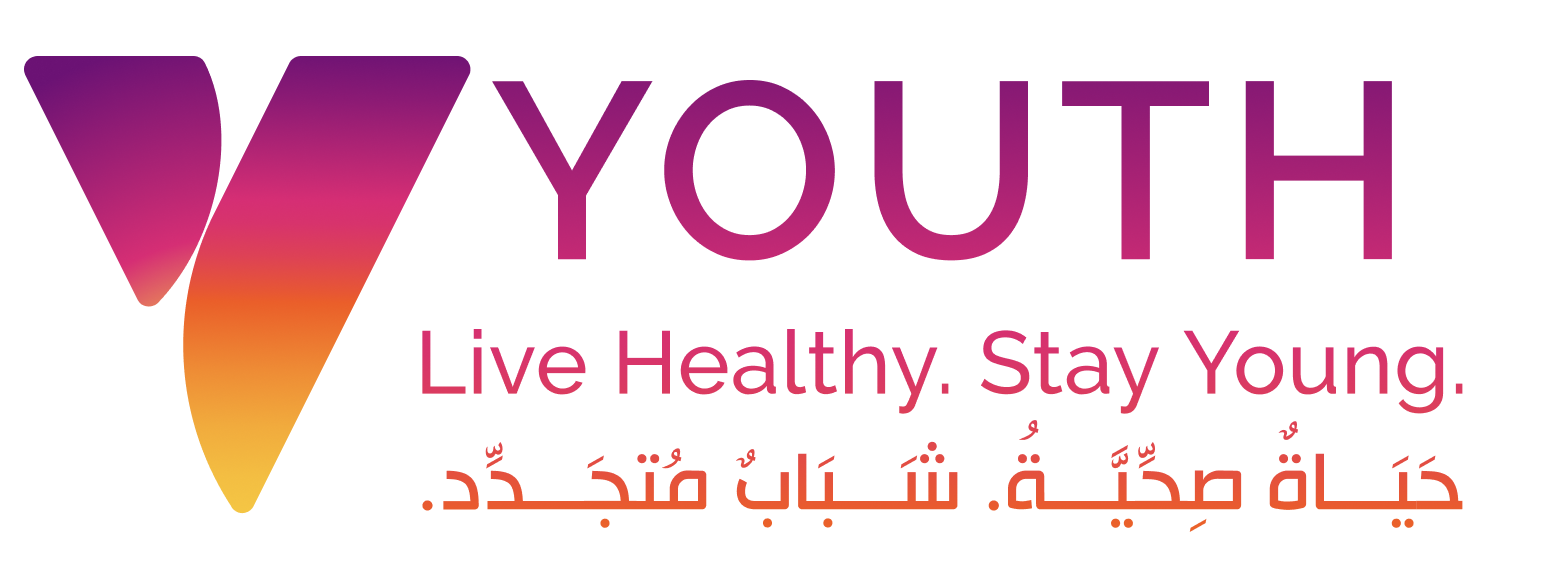Ever wondered why some people gain muscle easily while others struggle despite similar workouts?
The answer might be in your DNA.
While training, nutrition, and consistency matter most, your genes can influence how your body responds to exercise, how quickly your muscles grow, and even how fast you recover after a workout.
At YOUTH, we study the connection between your genetic makeup and physical performance to help you train in a way that works with your body, not against it.
Your Muscles Are Built by Nature and Nurture
Everyone’s muscles are made up of two main types of fibers: fast-twitch fibers for strength and speed, and slow-twitch fibers for endurance and stamina. The ratio of these fibers can vary from person to person, and part of that difference comes from your genes.
One key gene that affects this balance is ACTN3, sometimes called the “speed gene.” People with one version of ACTN3 tend to be naturally stronger and more explosive, while others may have a version that supports endurance and stamina. This doesn’t mean one is better than the other; it simply means your body has natural strengths. Knowing this helps you tailor your workouts to what your body does best.
Genes That Shape Muscle Growth
Beyond ACTN3, several other genes play a role in how efficiently your body builds muscle. Some affect how well oxygen travels to your muscles, while others impact how easily your body repairs itself after exercise. These small differences can explain why some people see results quickly from strength training while others need more time or a different approach.
Understanding how your body responds to different types of workouts allows you to choose the right training style for faster, healthier progress.
Recovery: The Hidden Side of Training
Muscles don’t grow during workouts; they grow when you rest and recover. Certain genes influence how your body handles inflammation, oxygen use, and muscle repair after exercise. If you tend to feel sore longer or tire more quickly, it may not be a lack of effort; it could simply be how your body is wired.
By understanding your recovery patterns, you can plan the right number of rest days, adopt better sleep habits, and adjust your nutrition to support muscle repair. Your ability to recover is just as important as how hard you train.
Fueling Your Body Based on Your DNA
Your genes can also influence how efficiently your body processes the nutrients that support muscle growth. Some people naturally break down fats and carbohydrates more effectively, while others may need slightly more protein to recover well.
Recognizing these differences can make a real difference in your results. That’s why at YOUTH, we focus on creating personalized insights that help you understand how your body absorbs, uses, and stores energy, so you can make smarter nutrition and fitness choices based on your own biology.
How YOUTH Helps You Train Smarter
YOUTH’s Fitness & Performance Program helps you understand how your genetics and health patterns relate to your strength, endurance, recovery, metabolism, and overall performance. Instead of offering a one-size-fits-all approach, we turn your biological information into practical, easy-to-follow fitness guidance.
Our goal is to help you train in harmony with your body, reduce the risk of injury, and achieve results that are sustainable and tailored to you.
Key Takeaways
Your DNA influences how you build and recover muscle. Some people are naturally stronger, while others excel in endurance, and both are valuable. Genetics can guide your best workout type, rest schedule, and nutrition plan. YOUTH helps you understand your biology so you can train smarter, recover better, and perform at your best.
The goal is simple: Train smarter. Recover faster. Build stronger with YOUTH.


Share: